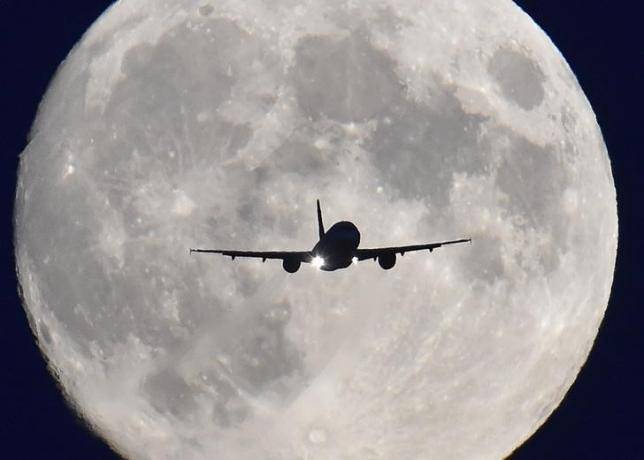When a state is following its own rules, in blatant disregards to international norms and convention, the first tool to being the player back in line is economic sanction. After about 150 executions since the Peshawar APS attack, international opinion clearly does not support the way our justice system is working. We can defend our sovereignty and right to punish criminals in whatever way we want, but the truth is that we are not a kingdom with oil like Saudi Arabia, or a country trying to break with the West like North Korea, nor are we a theocracy hell-bent on nuclear enrichment like Iran. We are a democratic state, part of the UN and WTO and a variety of other important international forums. We are on the constant look out for international aid, international trade and international opportunity at the level of the state and the individual. The death penalty is one of the first steps in our gradual international isolation. Economic isolation is the first step and the warning signs are very clear.
Germany asked Pakistan on Friday to rethink its stand on death penalty as it would affect both investment opportunities and Islamabad’s image in Europe. And its not just the death penalty, German investors are also reluctant to enter the Pakistani market due to various reasons, with law and order situation being a prime concern. So are other international investors. But while terrorism is not something that can be directly called the fault of the state, the death penalty is. Additionally, European concessions in international trade to developing countries like Pakistan are conditioned on issues like these- that human rights will be protected and death penalty will not be allowed. We face the imminent removal of these preferences- an economic blow we can do without.
We have to start being pragmatic about our international trade, and that includes thinking about how our national laws impact economic environment and international image. These laws include how women are treated, workplace harassment laws, how investments are protected, laws against arms, drugs and commodities being smuggled, patent laws, piracy laws, environmental conservation laws and the death penalty. The world is more interlinked than we think, and Indian and Bangladeshi markets seem much more lucrative and safe to foreign investors. We think that national security should determine economic policy, but our thinking is in reverse.
Saturday, April 20, 2024
Image, Economy and Isolation

Heavy rains claim 98 lives, 89 injuries, across Pakistan: NDMA
1:21 PM | April 20, 2024
Watercourse project to help increase crop yields in Punjab
12:57 PM | April 20, 2024
Justice Ishtiaq Ibrahim sworn in as PHC chief justice
12:54 PM | April 20, 2024
Policitising Tragedy
April 20, 2024
Tehran to Rafah
April 20, 2024
A New Leaf
April 20, 2024
A Tense Neighbourhood
April 19, 2024
Dubai Underwater
April 19, 2024
Dangers of Deepfakes
April 20, 2024
Feudalism
April 20, 2024
Kite tragedy
April 19, 2024
Discipline dilemma
April 19, 2024
Urgent plea
April 19, 2024
ePaper - Nawaiwaqt
Advertisement
Nawaiwaqt Group | Copyright © 2024





